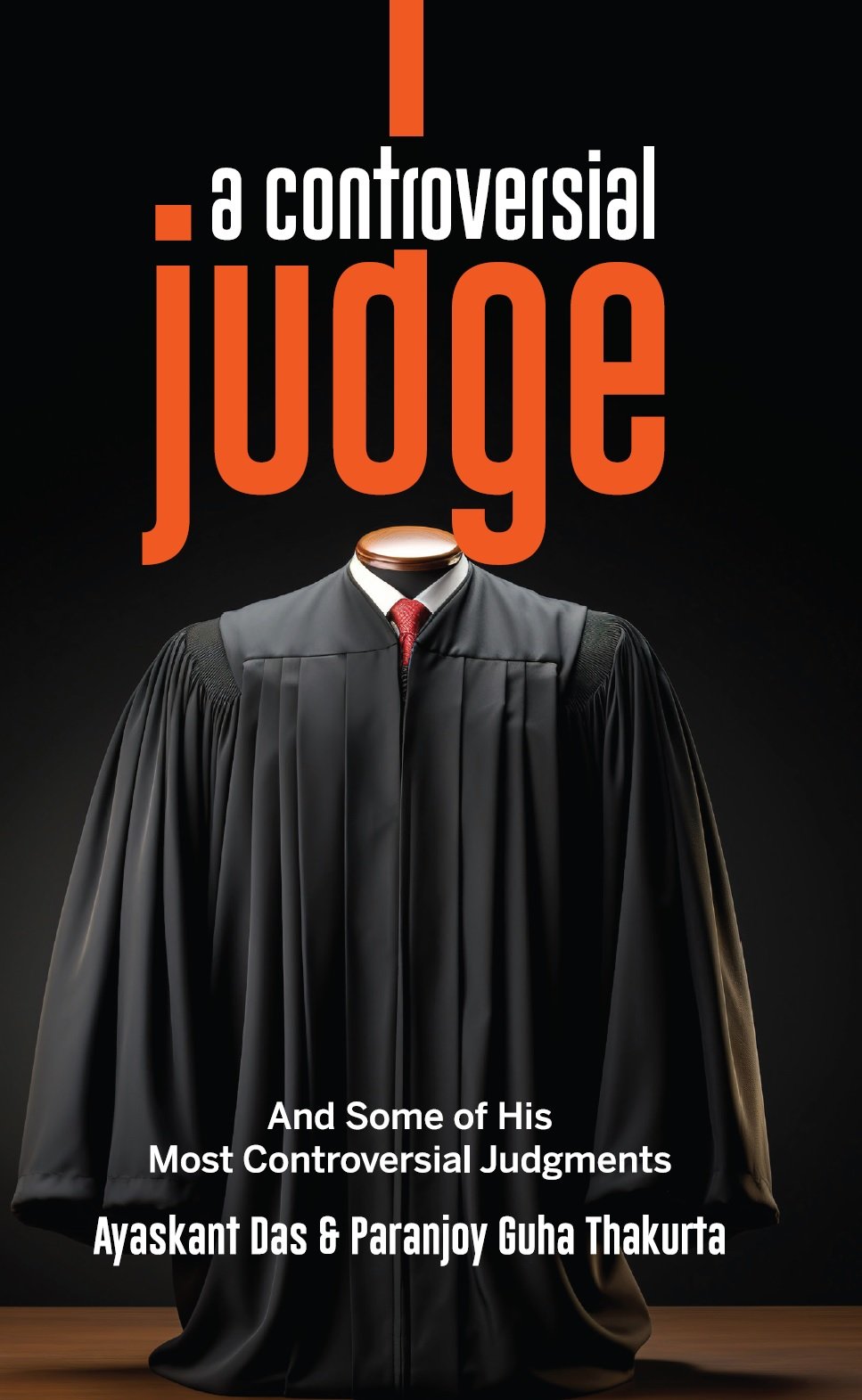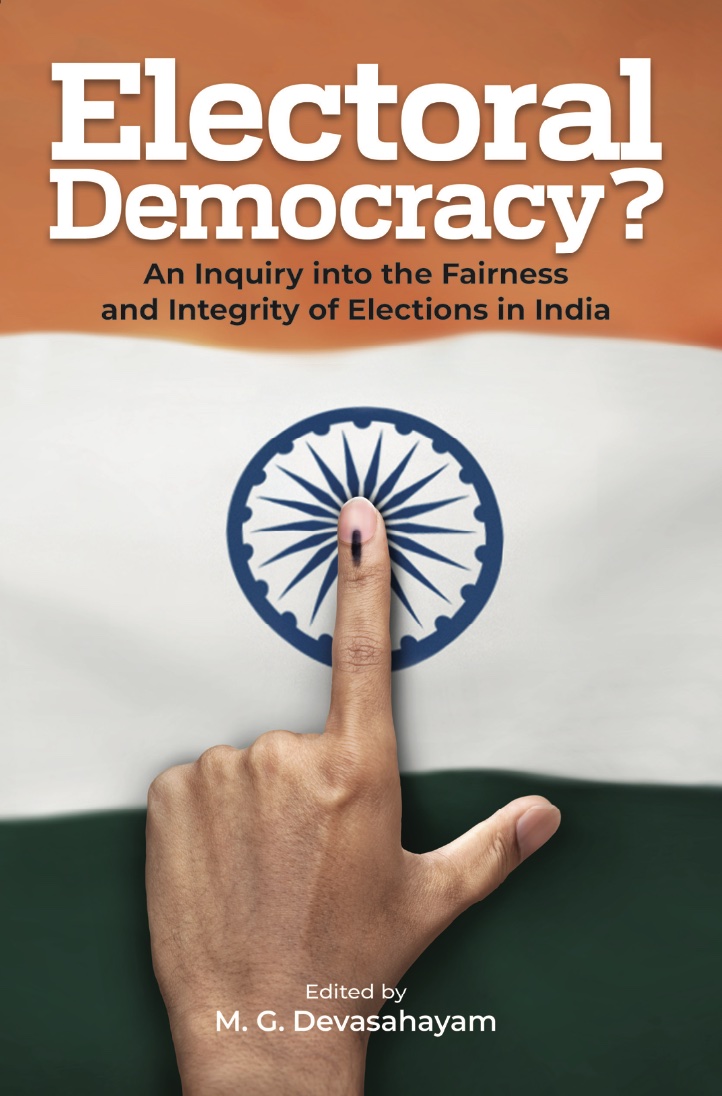One of the most distinctive features of the functioning of the Narendra Modi government over the last 15 months has been its attempt to control the flows of information and marginalise dissent. The Prime Minister’s preference for one-way communication is well known. However, attempts by supporters of the Bharatiya Janata Party and its ideological parent, the Rashtriya Swayamsevak Sangh, to curb free expression by intimidating those who do not think like them are backfiring and, in fact, strengthening their political opponents.
A simple truth about the noisy democracy that is India seems to be escaping many of those in power at present. The more you try and stifle the expression of views that run contrary to yours, the greater are the chances that you will convert your critics into martyrs and attract greater sympathy for them. One obvious example is that of Teesta Setalvad, who has done more than many others for the Muslim victims of the 2002 communal carnage in Gujarat. In the process, the government has also sought to make life a little difficult for Ford Foundation — not because this organisation has funded some of India’s better known educational institutions, but because it has supported one body with which Ms Setalvad is associated.
Let us acknowledge for a moment that there may have been no vindictiveness on the part of particular government functionaries to clamp down on certain non-government organisations for alleged violations of the Foreign Contribution Regulation Act. Let us believe that these people in government sincerely believe that these organisations are working against the economic interests of the country by opposing nuclear power and coal mining projects. Let us also accept that such so-called troublemakers receiving foreign funds are to be discouraged, unlike those who bring in foreign direct investment (FDI) that creates jobs for our youth. To be fair to the BJP, there are many in the Congress as well as in other parties who share similar views about NGOs. But the issue of stifling dissenting views goes much deeper.
One has to merely look at the manner in which the ministry of information and broadcasting has dealt with the striking students of the Film and Television Institute of India to appreciate the fact that this government does not really believe in artistic freedom. The fact that past regimes have packed educational institutions with their loyalists becomes a good enough reason to act in an identical manner, even if the political appointee in this instance, Gajendra Chauhan, can be politely described as a mediocrity. The same vituperative language is deployed to describe all those who refuse to toe the line — they are anti-Hindu and, worse, anti-national.
It would be instructive to try and understand why the government backtracked after failing to amend the land acquisition law. This was not only on account of the fact that some of the BJP’s partners in the National Democratic Alliance coalition as well as sections within the Sangh Parivar were not convinced by the claim that the law needed amendment to improve the ease of doing business in the country. Mr Modi has projected himself as a no-nonsense, go-getting Prime Minister unlike his weak and vacillating predecessor Manmohan Singh. Under the circumstances, he thought he must not be perceived as a man who buckles under pressure.
But he had to do precisely that after seven months of dilly-dallying and failed attempts to find a solution to a self-created problem. The decision, reported in this publication on August 23, not to re-promulgate the ordinance to change the land acquisition law, came after the Prime Minister expended and wasted a considerable amount of political capital. Here was a classic case of excessive self-confidence or hubris leading to acts of utter stupidity. Mr Modi surely knew that the BJP would not be able to command the support of a majority of MPs in the Rajya Sabha in a hurry. Still, he was obdurate in order to preserve his image of being a decisive leader. The loss of face in this instance was clearly avoidable.
Mr Modi may believe that the government-owned Prasar Bharati, which runs Doordarshan and All India Radio, must toe the party line and not broadcast anything that is even mildly critical of those in government. In this respect, he is acting in a manner which is not very different from the way Indira Gandhi acted during the Emergency. But he won’t be successful simply because much has changed over the last four decades, including the proliferation of opinion on the social media that the present Prime Minister loves so much.
There is a problem when half-truths are peddled as the reality on the ground. You start believing in them and then — like Indira Gandhi who was surrounded by sycophants, especially between June 1975 and March 1977 — grow distant from the people you claim to represent. This is the real and present danger that Mr Modi faces. He should check the number of people who have voluntarily given up their subsidised connections of cooking gas. He should also ascertain whether or not his government’s statistics are accurate before highlighting the number of new bank accounts opened under the Jan Dhan Yojana over the past 12 months because nearly half of these accounts have zero balance in them. He also needs to find out if many of the toilets that have been constructed as part of the Swachch Bharat Abhiyan are non-functional.
One can go on repeating what has been said over and over again, namely that Mr Modi cannot govern India in the way he governed Gujarat. But he has shown little signs so far of changing the way he operates. The big question that is being asked now is whether a large section of voters in Bihar believe in the promises he has made about infusing humongous amounts of money in the economically backward state — the equivalent of providing more than `1,00,000 to each citizen of the country!
Mr Modi should remember Abraham Lincoln’s much-quoted adage: “You can fool all the people some of the time, and some of the people all the time, but you cannot fool all the people all the time.”


